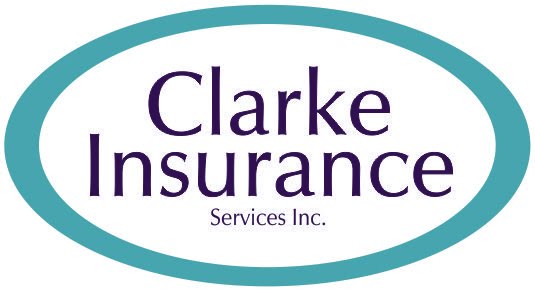I was recently in an accident in a parking lot.
I was declared at fault by my own insurance company and I do not agree.
What can I do?
How do they determine who is at fault?
Parking lot accidents are confusing and can result in disagreements between parties. There really are no set laws while in the parking lot of many malls and shops, so when a parking lot collision occurs, disagreements can result when dealing with who was at fault. This is because parking lots, are generally private property so normal road laws do not fully apply.
In determining fault, the main indicator is how the accident occurred. If the collision occurs while someone is backing out of a stall, usually it is the person backing, who is at fault since they have the responsibility to yield to on-coming traffic. If one vehicle is stationary and is struck, fault is almost always that of the moving vehicle.
The collision point is a strong indicator of who is at fault. If you are backing out of a stall and the front end of your vehicle is struck while you are backing up this indicates that the on coming vehicle was at fault.
If you are involved in a parking lot collision, gather as much information as possible. Did his reverse lights come on? Did he honk before backing up (in reality who does?) They teach you to do this in driver's Ed. Be sure to gather witness information in case the other party is not clear on what happened and your statements conflict. Most of us have cameras in our cell phones so it would be a good idea to quickly take a picture before you move yor vehicle away from the exact location of the collision.
Many times one driver is not found fully liabile in a parking lot accident. Fault can be split between the parties, sometimes equally, sometimes not, which is why it is very important to get as much information and witness reports as soon as possible.
If the police attend the accident and they issue a ticket it usually follows that the person who gets the ticket is the one at fault. The police usually don't waste a lot of time on these issues with a lengthy investigation so it may be necessary for you to be the detective and provide the information that will get you off.
The insurance company has to react in a reasonable time frame, so they will look at the information they have which would include the police report. If they feel that you are not at fault they will persue the other party for damages they pay out to fix your vehicle. If they feel that you are at fault they will settle the demands made by the other driver for damages to his automobile which may occur even if you are not aware of it or object to it. If they feel that fault is shared they will fix your car and refuse to provide compensation to the other party. If fault is shared you will likely be required to pay all or part of the deductible depending on the circumstances.
Both you and the other party want your car fixed a quickly as possible so the insurance company is going to assess fault quickly and without a lot of fan fare. The more information you can provide when you file a claim the better.
If you disagree with the insurance companies assessment of your fault you can appeal the decision with your insurance company but from experience this is not often successful unless you can bring forward information that was not known at the time of the determination.
If you have have appealed to the insurance company for reconsideration and you still disagree you can file a small claims tort case to recover money you paid (usually the deductible) to fix your car from the other driver. This allows you to drag the third party before a judge and present your evidence and let him decide. If you win you have a strong case with the insurance company as to being assessed with an at fault claim.
There is one thing you may want to remember. We alluded to the fact that fault can be shared. Most people are concerned about the affects that being at fault will have on their insurance premium. Sometimes the best they could ever hope for is to be 50% at fault rather than 100%. This will not change the outcome on your insurance premium next year as any claim that is assessed at 50% or more is still a claim. 50% at fault is no better than 100% at fault. You have to decide if it worth fighting for.
For those who may want more information about at fault rules here is a link to them. Insurance Industry At Fault Rules
Watch this funny video.

No comments:
Post a Comment